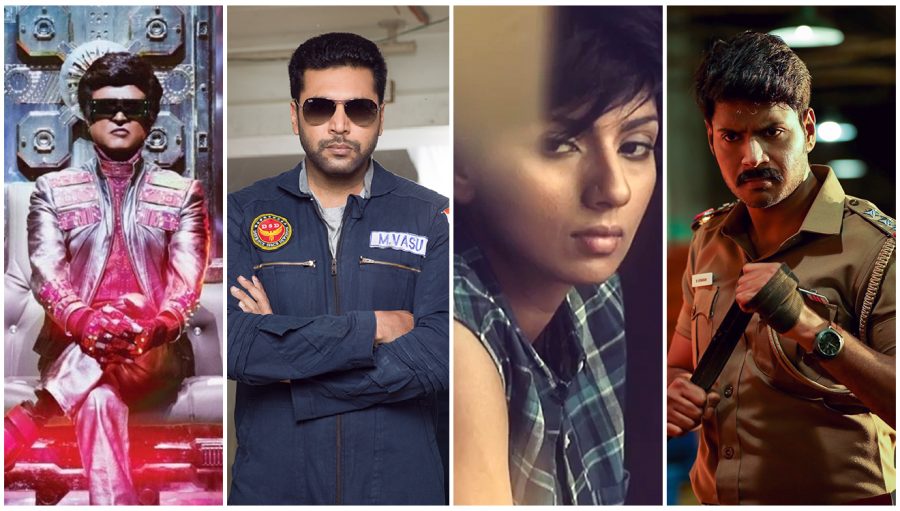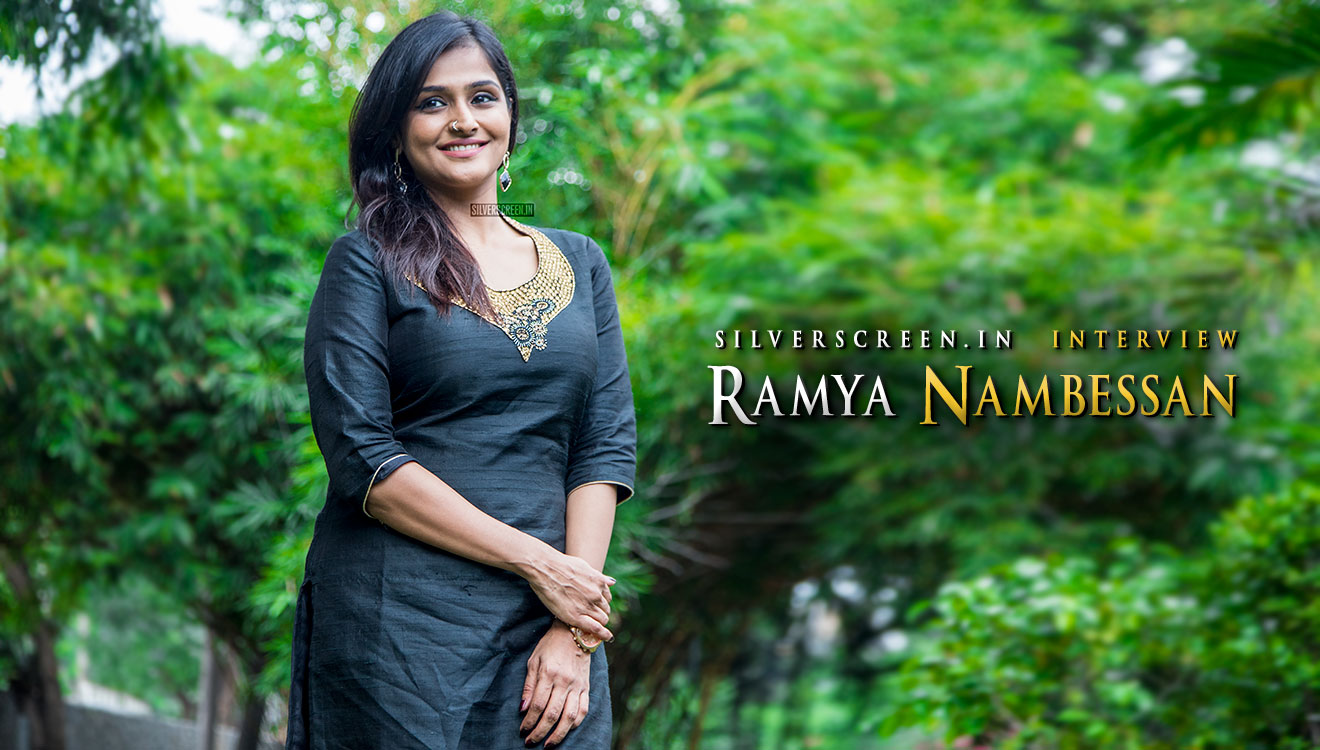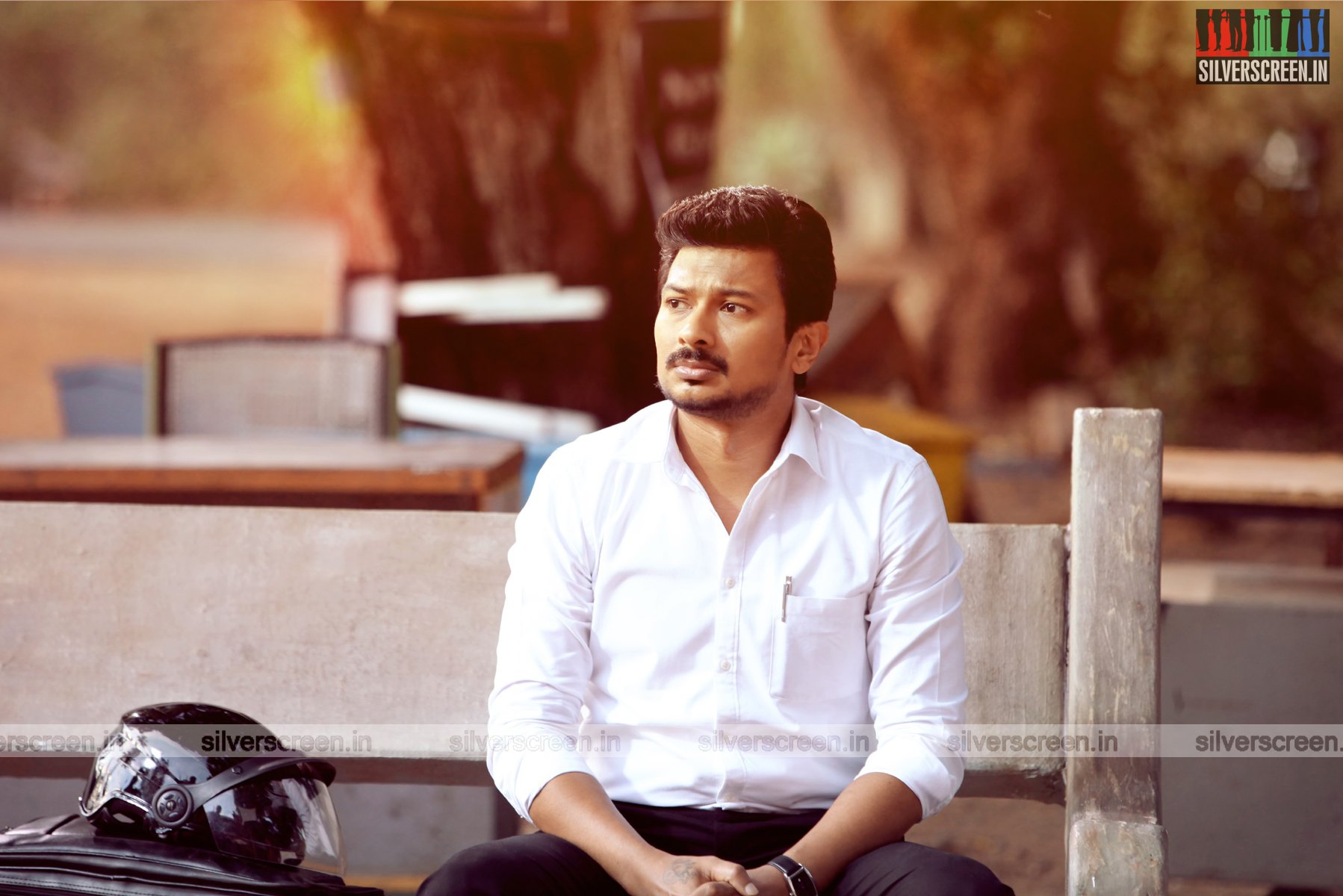Science fiction is a much-neglected genre in Indian cinema. People might want to drop names such as Endhiran and the Krrish series, but truth be told, this is a field that hasn’t been explored much.
Each of the four major South Indian film industries makes more than a hundred films every year. But, how many of them belong to this genre? What could be the reason? Says editor TS Suresh: “When a group sits down to discuss stories, the first opinion that comes out regarding science fiction is that it is not practical. The reactions are very different for horror-comedies. Science fiction films aren’t encouraged even at the brainstorming stage. So, there’s no motivation to take them further.”
Another reason, says the editor, is that these films necessarily call for out-of-the-box thinking and larger-than-life plots. “An exception was Indru Netru Naalai. The director wove a beautiful film around a simple concept. The film gave me a lot of hope. It broke many barriers, too. That it is not about the budget, but about what you’re going to say, and how you’re going to present it.”
Indru Netru Naalai was R Ravikumar’s debut movie, and the Vishnu Vishal, Karunakaran, and Miya George-starrer pulled people into theatres and got a hat tip from critics too. News is that the filmmaker has roped in Sivakarthikeyan for his next, and that it falls in the same genre.
Tamil cinema has dabbled with the genre long before technology took over the industry. Remember Kalai Arasi and Vikram? While the 1963 Kalai Arasi showed the film’s heroine, P. Bhanumathi, being kidnapped by M.N. Nambiar’s character (a resident of another planet), the 1986 Vikram took audiences for an action ride that involved cool gadgets and weaponry. But, Kalai Arasi would have still looked and felt the same had the film been set in two cities instead of two planets.
Kamal Haasan’s Dasavathaaram, released a decade ago, similarly, borrows popular ideas from the genre to spin a story around a bio-weapon.
In Karnataka, Sruthi Hariharan is putting together a science fiction film in Kannada titled Tesla. The film’s teaser, out on YouTube, is enough proof that it is not a run-of-the-mill project.
Says Hariharan: “We’ve always found it easier to write films grounded in reality. But, I do know that there are people trying to create something out of the ordinary.” Now that she’s dipping her feet into this genre, Hariharan knows that her hurdles are tougher than they seem. “Vinod J Raj (the director) has a skeleton of Tesla’s script. But to turn it into something that the Kannada audience will connect to, without any spoon-feeding, is a creative challenge. Science fiction does require a certain level of intelligence.”
Kannada cinema’s most popular film in this genre is Hollywood, starring Upendra as a robot. Hariharan also mentioned Tora Tora that hit screens last year; it was advertised as the first time-travel movie in Kannada cinema.
Aditya 369, the most flavourful Telugu film in the time-travel genre, was made two-and-a-half-decades ago. Recently, director Vikram Kumar created pulled a movie out of this hat for the Suriya-Samantha starrer 24. Is it easier to lift a template and create a new movie rather than rewrite the formula for a time-travel gem?
Do Indian films stay truthful to the genre or dilute it with ‘massy’ elements? Editor Suresh says that “since we make it a point to give the viewers everything, we bombard them with masala elements”. You are forced to agree with him. There’s a typical MGR-Nambiar sword fight in Kalai Arasi; two women – Lissy and Dimple Kapadia – roughing it out in a dance-off to win the affections of Kamal Haasan’s character in Vikram; and a romantic track featuring the leads in 7aum Arivu.
More recently, Maayavan, which adopted the body swapping technique from Chinna Vaathiyar, featured a love story that did not set well with the theme of the film.
Recommended
Despite these hiccups, Suresh and Hariharan see a silver lining. Suresh is hopeful that with the release of Shankar’s 2.0 and Shakti Soundar Rajan’s Tik Tik Tik (which promises to be a fun thriller set in space), the scope for sci-fi filmmaking will only increase. Hariharan believes that good filmmaking is the key to making any genre work on the big screen. “The audience is ready to accept anything that keeps it engaged from the beginning to the end.”



